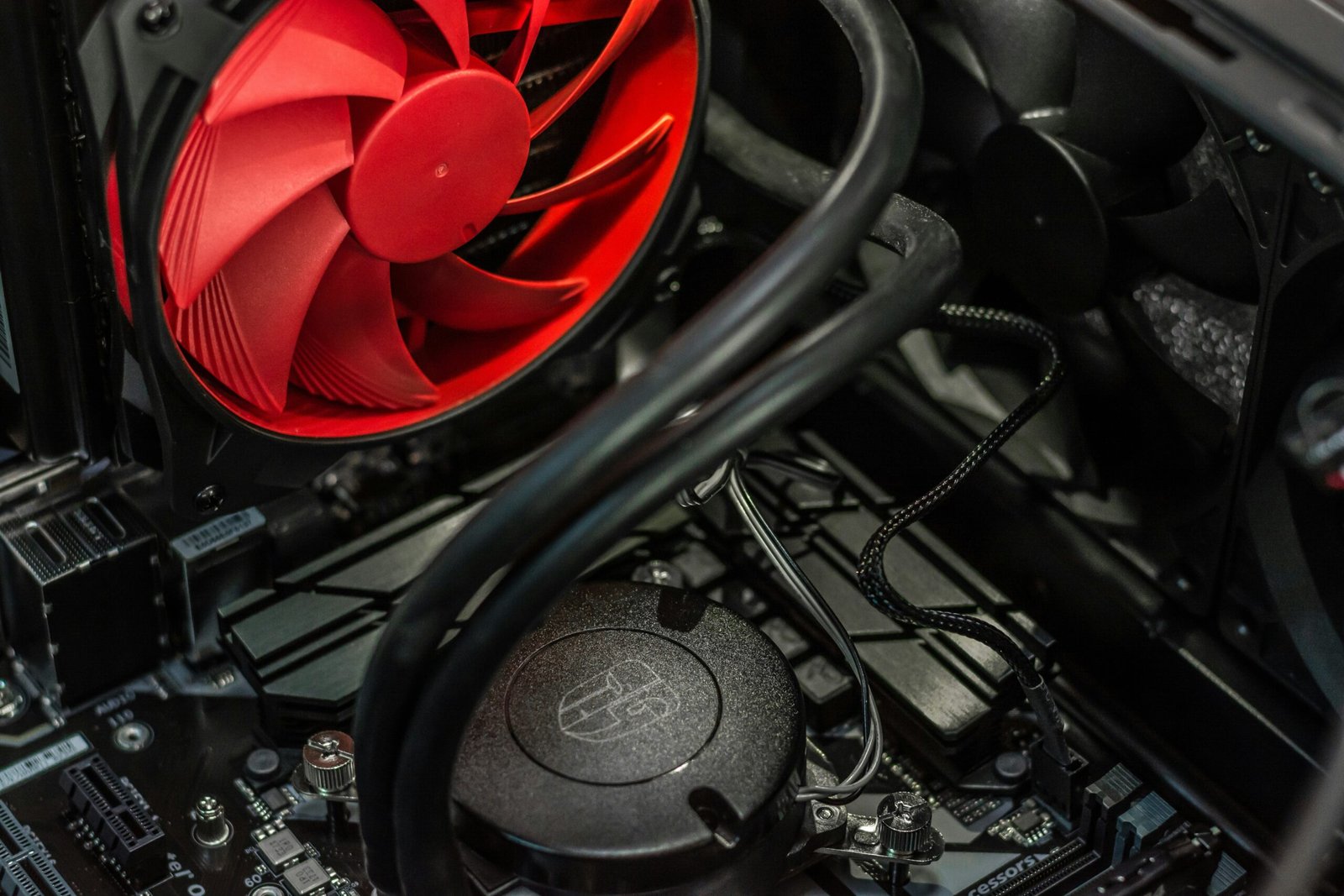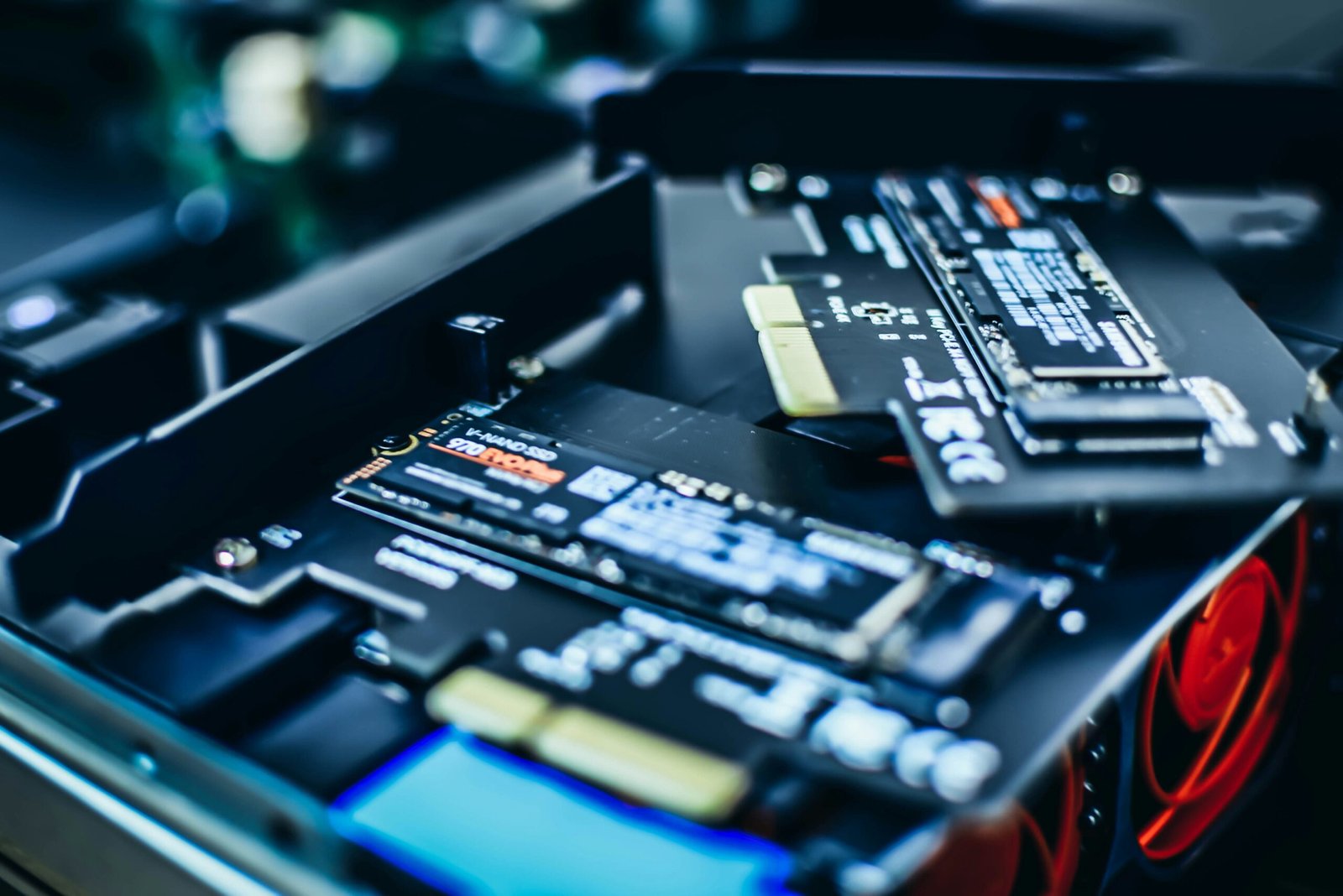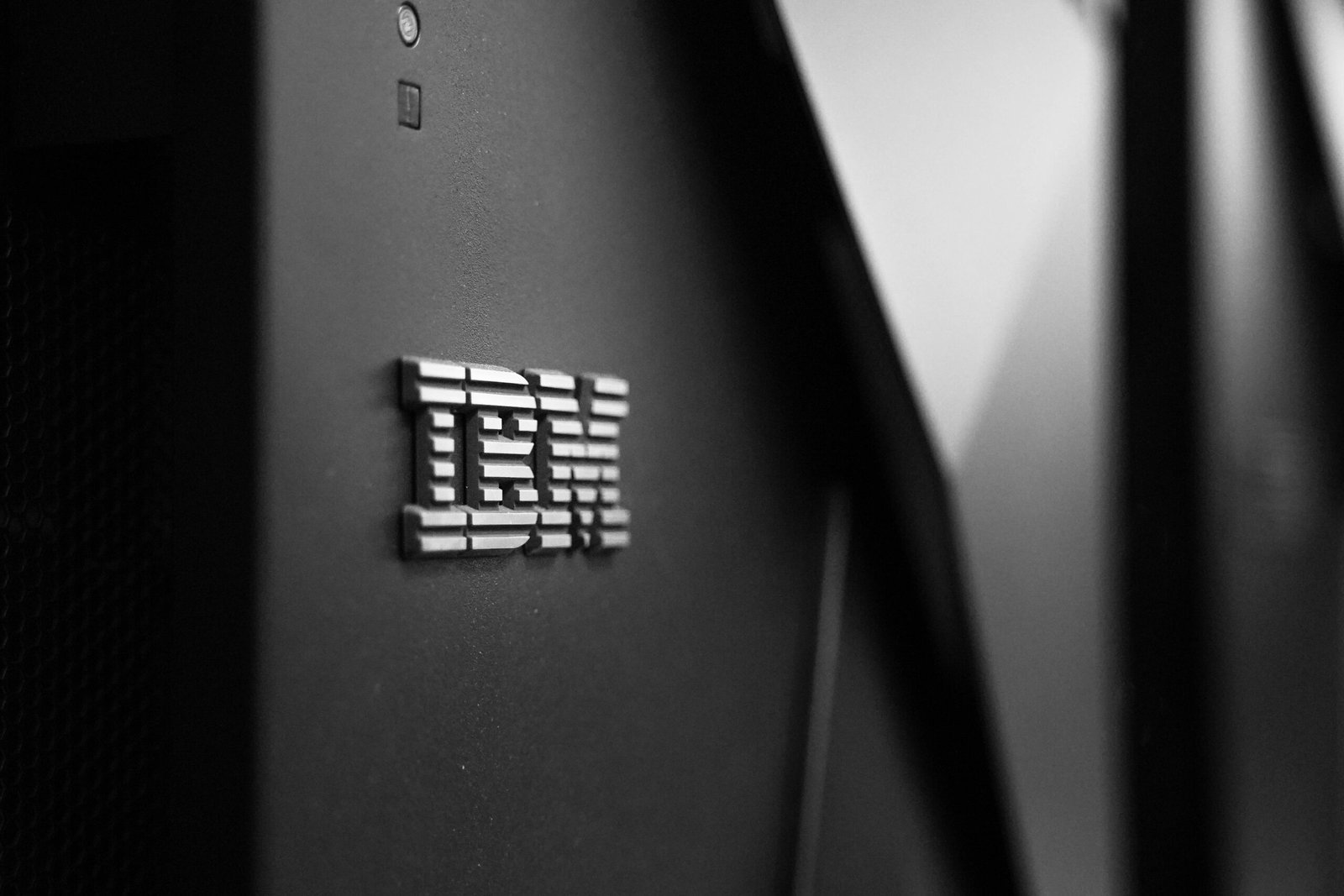What is a Cooling Fan?

A cooling fan is a device that is used to dissipate heat and maintain optimal temperatures in various electronic devices and systems. It is designed to circulate air and remove excess heat generated by the components of the device, preventing overheating and potential damage.
Cooling fans are commonly found in computers, laptops, gaming consoles, servers, and other electronic devices that generate a significant amount of heat during operation. They are also used in industrial settings to cool down machinery and equipment.
How does a Cooling Fan work?
A typical cooling fan consists of a motor, blades, and a housing. The motor powers the rotation of the blades, which in turn creates airflow. The housing is designed to direct the airflow towards the components that require cooling.
When the electronic device or system starts generating heat, a temperature sensor detects the rise in temperature and sends a signal to the cooling fan. The fan then starts spinning, drawing in cool air from the surroundings and directing it towards the hot components. As the air passes over the heated components, it absorbs the excess heat and carries it away.
The hot air is then expelled from the device through vents or exhaust ports, allowing fresh cool air to take its place. This continuous cycle of drawing in cool air and expelling hot air helps to maintain a stable temperature and prevent overheating.
Types of Cooling Fans
Cooling fans come in various types and sizes, each designed for specific applications and cooling requirements. Some common types include:
- Axial Fans: These fans have blades that rotate around an axis, creating airflow parallel to the axis. They are commonly used in computers, laptops, and other electronic devices.
- Centrifugal Fans: Also known as radial fans, these fans have blades that rotate around a central hub, creating airflow perpendicular to the axis. They are often used in HVAC systems, cooling towers, and industrial applications.
- Blower Fans: These fans are designed to generate a high flow of air at moderate pressure. They are commonly used in air purifiers, HVAC systems, and industrial equipment.
- Heat Sink Fans: These fans are integrated into heat sinks to enhance their cooling efficiency. They are commonly found in CPUs, GPUs, and other high-performance computer components.
Importance of Cooling Fans
Cooling fans play a crucial role in maintaining the performance and longevity of electronic devices. Excessive heat can cause components to malfunction, reduce their lifespan, and even lead to permanent damage. By dissipating heat and maintaining optimal temperatures, cooling fans help to prevent these issues and ensure the smooth operation of electronic devices.
In addition to preventing damage, cooling fans also contribute to energy efficiency. When components are kept at optimal temperatures, they operate more efficiently and consume less power. This not only reduces energy costs but also helps to minimize the environmental impact of electronic devices.
Tips for Proper Cooling Fan Maintenance
To ensure the effectiveness and longevity of cooling fans, it is important to maintain them properly. Here are some tips:
- Clean the fan regularly to remove dust and debris that can obstruct airflow.
- Check for any signs of damage or wear and replace the fan if necessary.
- Ensure that the fan is securely mounted and properly connected to the power source.
- Monitor the temperature of the electronic device and take necessary measures if it exceeds safe limits.
- Consider using additional cooling solutions, such as heat sinks or liquid cooling, for high-performance systems.
By following these maintenance tips, you can ensure that your cooling fan operates efficiently and effectively, providing optimal cooling for your electronic devices.
In conclusion, a cooling fan is an essential component in electronic devices and systems that helps to dissipate heat and maintain optimal temperatures. By circulating air and removing excess heat, cooling fans prevent overheating and potential damage, ensuring the smooth operation and longevity of electronic devices.




